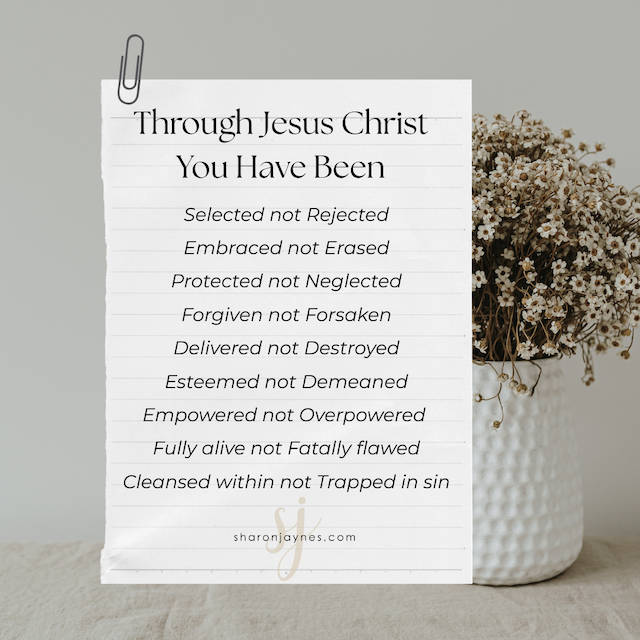“Stand still and see the salvation of the Lord” (Exodus 14:13-15)

Open Exodus 14:13-15.
A friend was preparing to preach on this text: “Stand still and see the salvation of the Lord!” He planned to say that salvation is the work of God. I can’t earn it. I can’t contribute to it. Regeneration is a work of the Holy Spirit.
Great ideas, but is that what this verse is saying? I cringed, knowing I’d misused this text too. Quietists love it: all we need do is stand still and let God act, “let go and let God.”
But the context won’t allow us to use the verse this way.
Who spoke these words? They’re not a promise from God. They’re from Moses’ mouth. In a difficult situation, Moses contradicted what God told the Israelites to do. That’s why he received this mild rebuke:
Exodus 14:15 (NLT)
Then the Lord said to Moses, “Why are you crying out to me? Tell the people to get moving!”
Am I being unfair? Didn’t God act anyway, miraculously making a way for his people? Weren’t they saved by a direct intervention of God?
Yes they were. The whole Bible narrative agrees that God is the Saviour, the one who rescues humanity from oppression under evil, back into his governance. The whole Exodus story is a wonderful expression of that reality. Ten mighty acts led to their emancipation.
But our Saviour doesn’t act unilaterally. Evil rulers force themselves on people, but the true sovereign calls his people to participate as his kingdom. It is certainly his grace and miraculous provision that saves, but he calls his people to action. He asked them to identify as his people by spreading the lamb’s blood over their doorways. He asked them to leave Egypt, and go to the place where he would lead them. He’d asked them to follow him, not to stand still.
Faith is not quietism. Faith isn’t doing nothing. Faith acts. Those who give him their allegiance actively respond to their sovereign.
Let’s be fair to Moses. If I was as stuck as Moses was, I’d be doing what he did: calming the people until we hear from God how to find a way through. Nevertheless, God had told them to go. So even if the sea was in the way, they were to keep going.
Try to picture the people marching down the slope into what looks like certain death — drowning in the sea. Perhaps they muttered, “Are you sure about this Moses? Are you sure this will work? It doesn’t look like the right path.” But march they did.
I wonder if Jesus felt like that. Jesus didn’t believe in quietism. He didn’t just “stand still” in his carpenter’s shop, waiting for the salvation of the Lord while he did nothing. He went up to Jerusalem to provoke a confrontation with the rulers, to dethrone “the ruler of this world” (John 12:31; 14:30; 16:11). Hear him in Gethsemane: the prospect before him felt as deadly as marching into the Red Sea. He obeyed. He trusted that, even though the way looked impossible, he would see the salvation of the Lord (Hebrews 5:7).
The salvation of the Lord certainly requires miraculous divine intervention. But it also requires a people who are willing to follow, even if it looks like they’re going to their death.
Jesus pioneered the way, and he calls us to follow, to take up our crosses and follow him on what looks like a road that will get us killed.
Last century, Spanish liberation theologians literally took up weapons to fight for the freedom of their people. They felt they had to do something, so they killed. It’s not Jesus’ way. But neither is quietism. We must get this right. Even if it feels like we’re marching to our death.
- “Take up your weapons and kill your enemies” won’t work.
- “Stand still and see the salvation of the Lord” won’t work.
- “Take up your cross and follow Jesus” even when we feel like “sheep before wolves.” That’s how we’ll see the Lord’s salvation on earth.
Seeking to understand Jesus in the terms he chose to describe himself: son of man (his identity), and kingdom of God (his mission). Riverview College Dean
View all posts by Allen Browne










